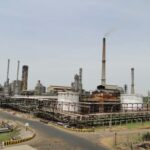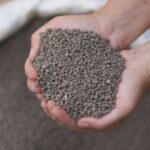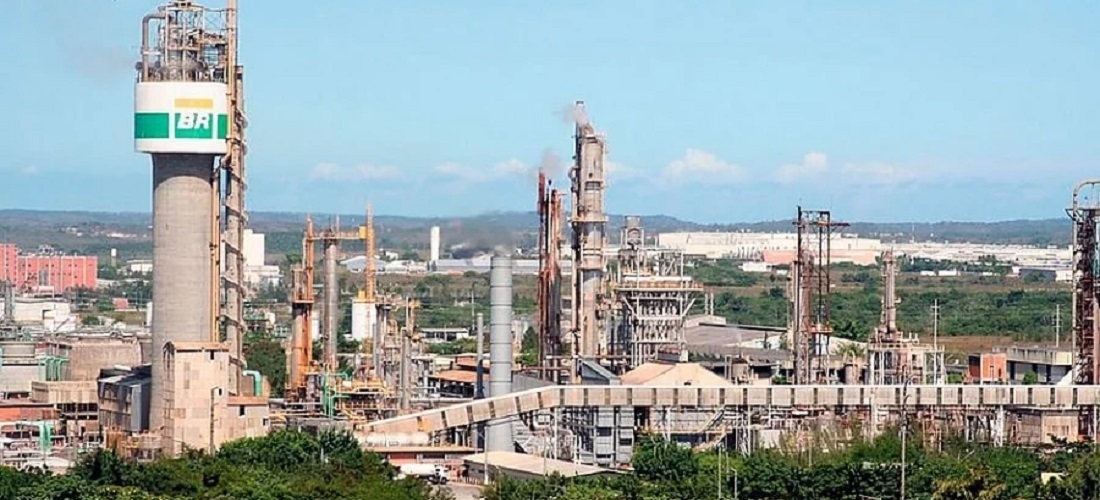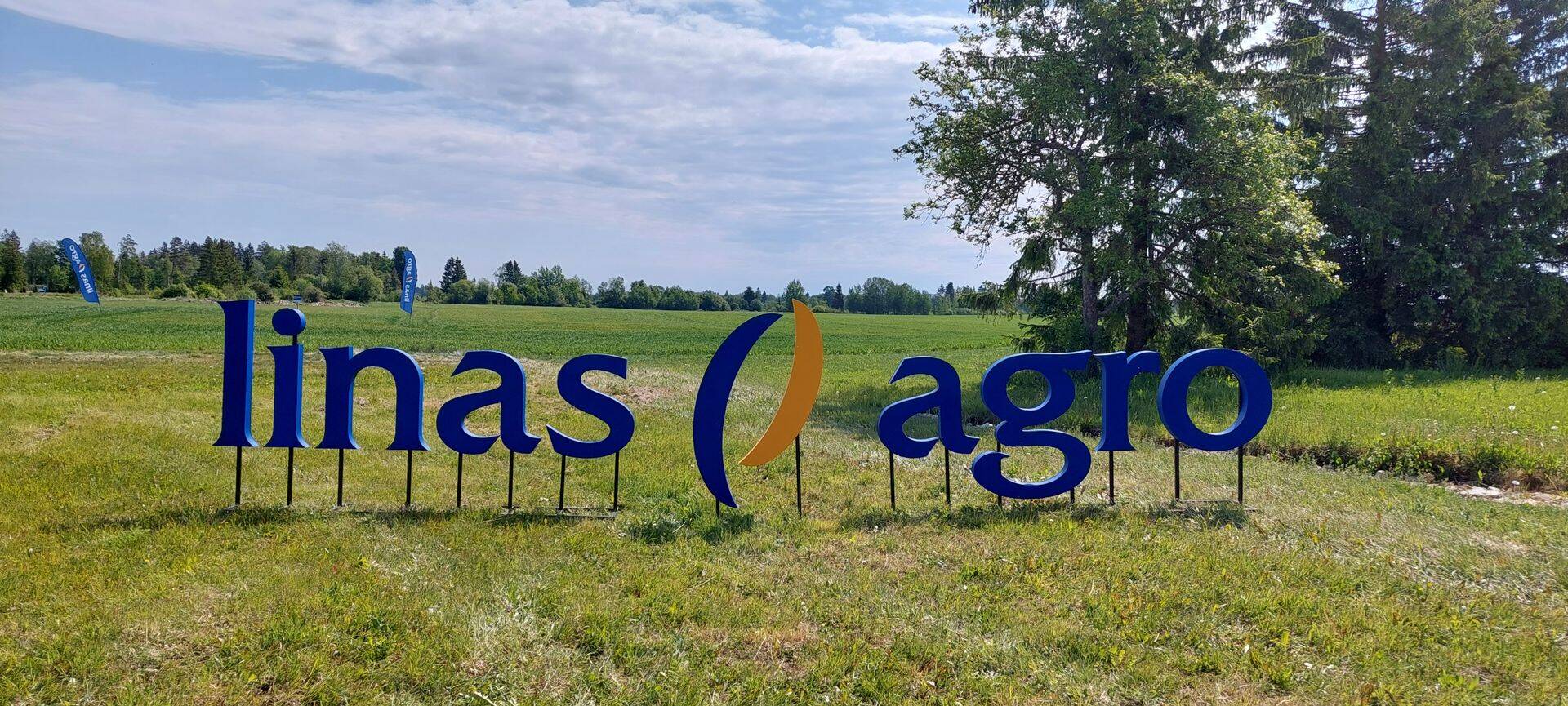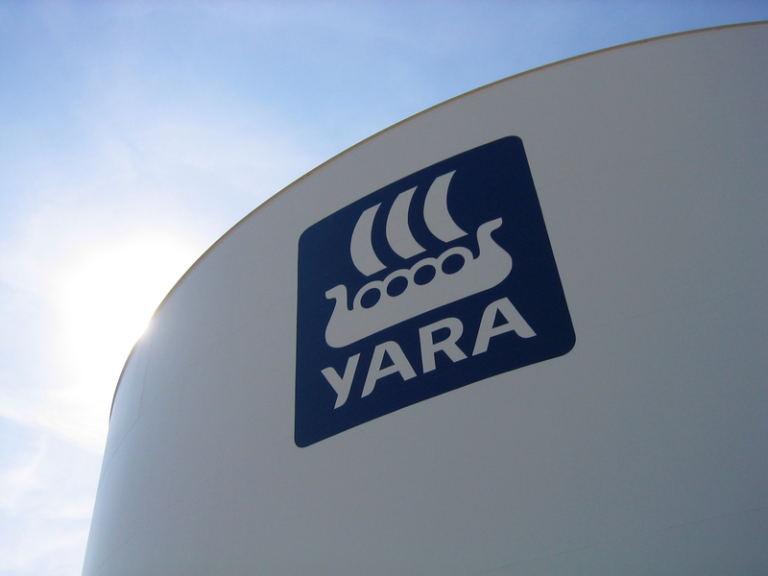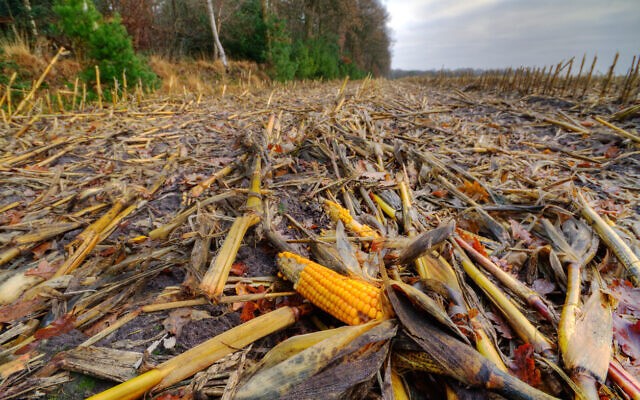Petrobras has announced that its Board of Directors will proceed with the Petrobras UFN-III Project in Três Lagoas, MS. After conducting a thorough review aligned with the company’s Strategic Plan 2024-2028, the Board confirmed the project’s economic viability. Notably, the analysis shows a positive net present value (NPV), even in challenging scenarios outlined in Petrobras’ investment approval framework.
Initially halted in 2015, the UFN-III project underwent re-evaluation last year. This re-evaluation followed Petrobras’ renewed commitment to the fertilizer sector, which is part of the Strategic Plan 2024-2028. As a result of this decision, the Petrobras UFN-III Project is now included in Petrobras’ active project portfolio. The company will begin the contracting process to resume construction soon. The estimated investment for the project is approximately R$3.5 billion, and it aims to start operations by 2028.
To ensure accountability, all contracts related to the project will adhere to Petrobras’ governance standards and internal procedures. Additionally, final approvals from relevant authorities will be required before signing.
About the UFN-III Project
The Petrobras UFN-III Project aims to produce around 1.2 million tons of urea and 70,000 tons of ammonia each year. Located strategically near major consumer markets, it will primarily serve the states of Mato Grosso, Mato Grosso do Sul, Goiás, Paraná, and São Paulo. This advantageous location enhances the reliability of supply for Brazil’s growing urea demand.
Furthermore, the Petrobras UFN-III Project will utilize cutting-edge technologies to achieve high efficiency in fertilizer production. Ammonia serves as a key raw material for fertilizers, petrochemicals, and various agricultural products. Moreover, urea, Brazil’s most widely used nitrogen fertilizer, is largely imported to meet the national demand of about 7 million tons projected for 2024. This fertilizer plays a crucial role in cultivating crops such as corn, sugarcane, coffee, wheat, and cotton. Additionally, farmers will use urea in the livestock sector as a dietary supplement for ruminant animals.




